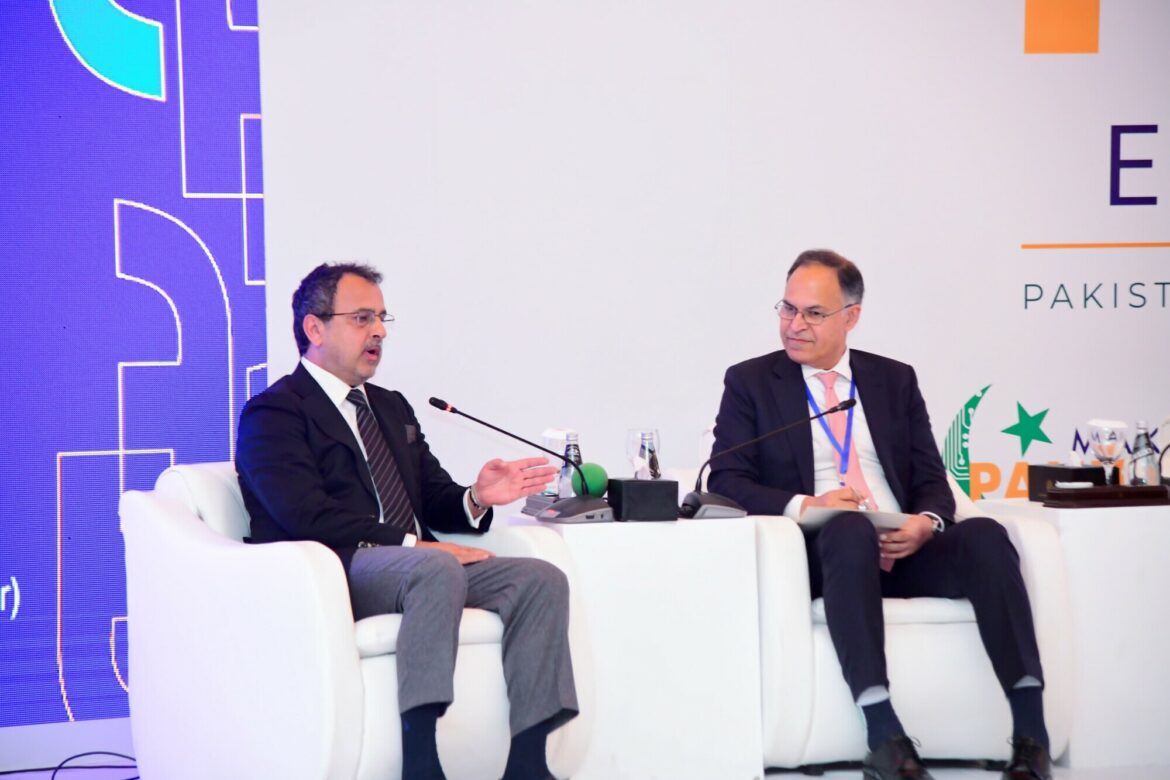By Staff Reporter
ISLAMABAD: Pakistan will overhaul agreements with state-owned independent power producers, mirroring changes made to pacts with private operators, as it seeks to boost transparency and sustainability in the energy sector, Energy Minister Sardar Awais Leghari said on Tuesday.
The move is part of broader efforts to reform the energy sector, including reducing electricity tariffs, eliminating circular debt and addressing inefficiencies in the pricing system, Leghari said in a speech in Islamabad.
“Agreements with independent power producers are being revised to ensure transparency and sustainability, and similar revisions will be made with government-owned IPPs in the next phase,” the minister said.
Leghari said the government will cease overseeing electricity trade by 2025. “Instead, consumers and power companies will directly negotiate electricity purchases, fostering competition and benefiting all stakeholders.”
He further informed that the government plans to auction surplus electricity in the country. “This surplus electricity will be provided to the industries to stimulate growth and create new employment opportunities.”
Leghari also called for revising Pakistan’s solar net metering system, saying it’s becoming unfeasible to continue buying power at the same cost from distributors and paying subsidies to solar power consumers.
“Solar net metering has to change… It is impossible for us to sustain the same cost of buying power from distributors the way we are.”
The current policy, approved in 2017, allows homeowners and businesses to generate electricity using solar panels and export excess power to the grid. However, the government pays 21 rupees per unit for net-metered electricity, resulting in a subsidy of 1.90 rupees per unit.
Leghari said the government was unaware of the “serious implications” caused by on-grid non-net metered power on the country’s power grid.
“I am not ready as the minister of power to keep any surplus power to myself just because the people and industry are not ready to pay the entire cost,” Leghari said. “Whatever they can afford to pay, whatever the marginal cost is, I’ll be more than happy to share that advantage for economic growth.”
A government report showed that a burden of 103 billion rupees was transferred to electricity consumers in 2024 due to the existing net metering policy, according to the energy ministry’s spokesperson. The burden is expected to rise to 503 billion rupees in the next 10 years.
Only 0.6% of total electricity consumers in Pakistan use net metering, with 80% of those users in affluent areas of major cities. The remaining 99.4% of electricity consumers bear the burden of net metering costs.
Copyright © 2021 Independent Pakistan | All rights reserved




